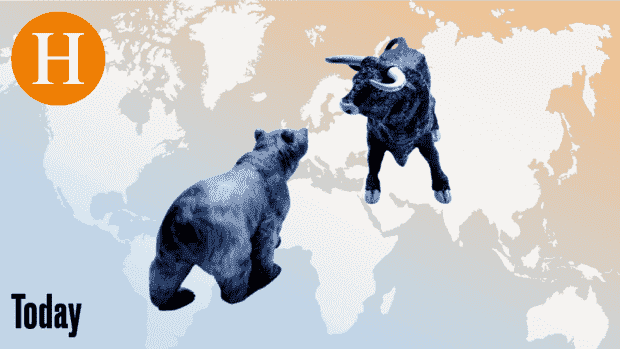Dusseldorf Chancellor Olaf Scholz (SPD) has stopped the approval process for the controversial Nord Stream 2 pipeline. It was in response to Russian President Vladimir Putin’s breach of international law, who questioned Ukraine’s territorial integrity and sent troops to the east of the country.
But none of this changes anything about Germany’s dependence on Russian gas. More than half of the gas imports to Germany come from Russia. Now that Germany and the EU have imposed sanctions on Russia, fears of retaliation are growing.
For example, Russia could reduce oil and gas supplies to Europe. This could also drive up energy prices. Former Russian President Dmitry Medvedev has already warned of a “world in which Europeans pay 2,000 euros per 1,000 cubic meters for gas”.
Oil and gas prices have recently risen significantly on the commodity markets. What does that mean for consumers who have long felt the consequences of the energy price crisis in their wallets? What is the burden for energy-intensive companies? And what is the risk of Russia actually cutting off oil and gas supplies? Handelsblatt raw materials expert Jakob Blume provides answers to these questions.
Top jobs of the day
Find the best jobs now and
be notified by email.
We have an exclusive subscription offer for you as a Handelsblatt Today listener. Interested? Then take a look here.
If you have any comments, questions, criticism or praise for this episode, please email us at: [email protected]
